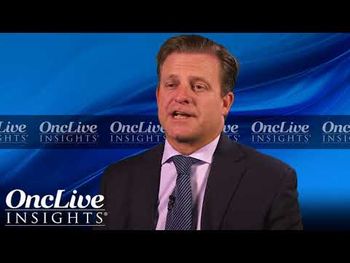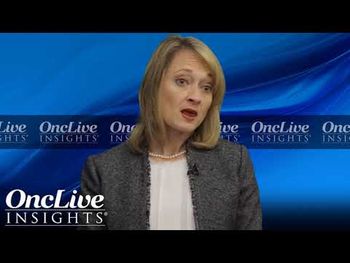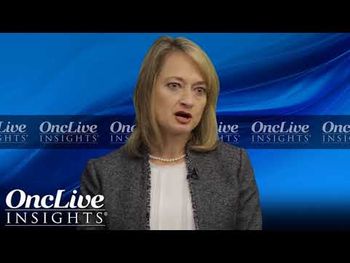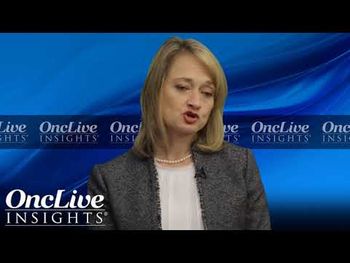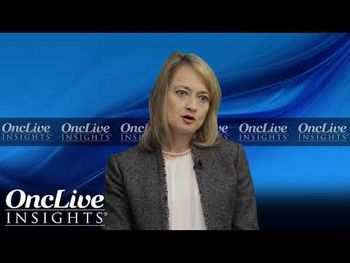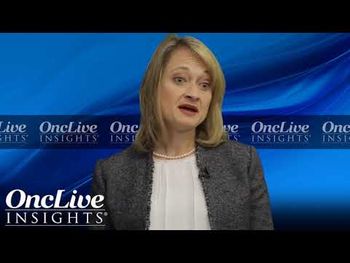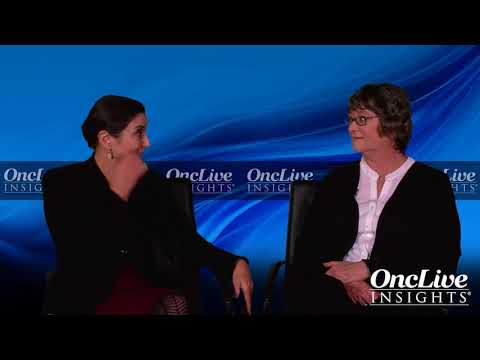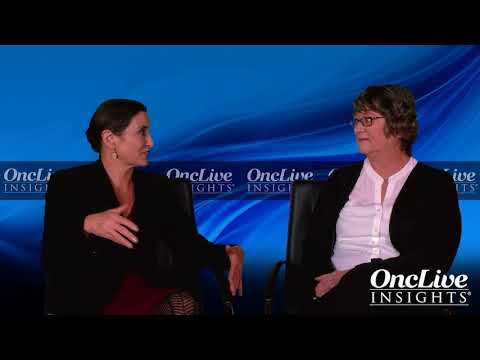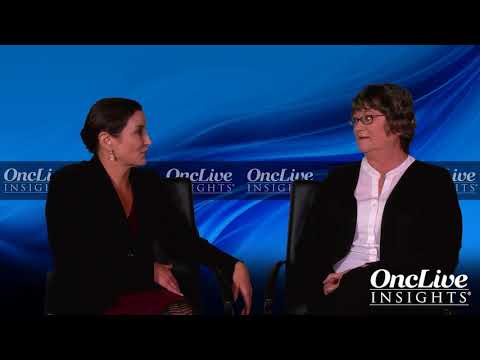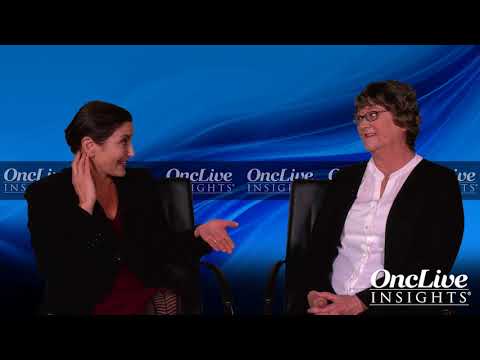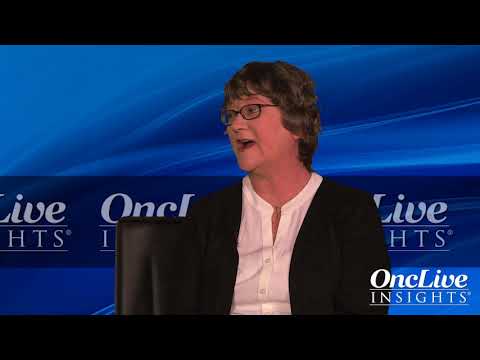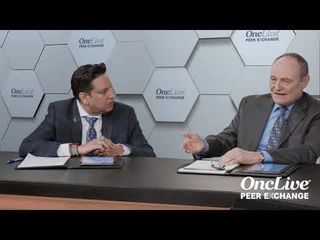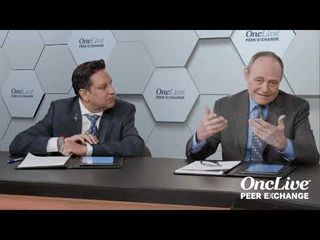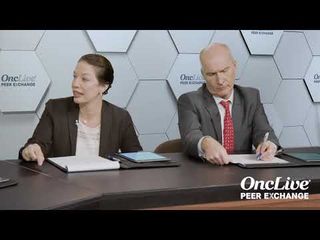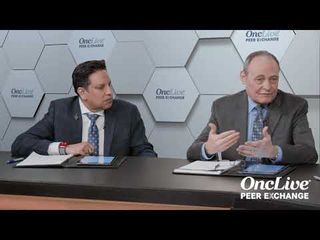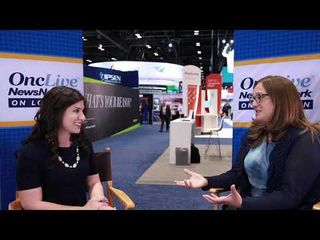
Ovarian Cancer
Latest News
Latest Videos

CME Content
More News


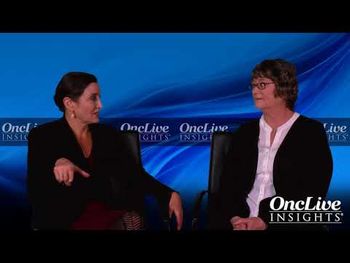
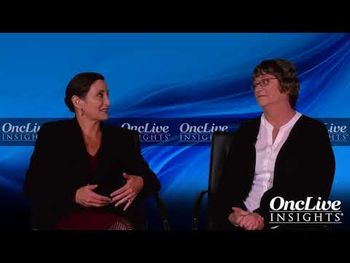

Bradley J. Monk, MD, discusses pivotal trials, as well as the potential for immunotherapy in ovarian cancer.
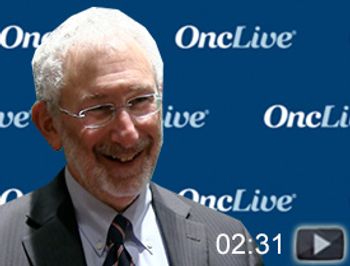
Maurie Markman, MD, president of Medicine and Science, Cancer Treatment Centers of America, editor-in-chief, OncologyLive, discusses the era of precision medicine in ovarian cancer.
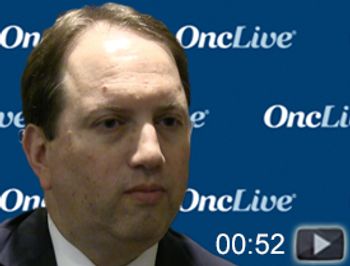
Douglas A. Levine, MD, professor, Department of Obstetrics and Gynecology, director, Division of Gynecologic Oncology, NYU Langone's Perlmutter Cancer Center, discusses the sequencing of agents for patients with ovarian cancer.
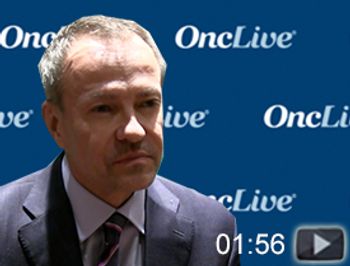
Bradley J. Monk, MD, FACOG, FACS, professor, director of the Division of Gynecologic Oncology at Creighton University School of Medicine at St. Joseph’s Hospital and Medical Center in Phoenix, Arizona, discusses immunotherapy for the treatment of patients with ovarian cancer.

The FDA has granted a priority review to a supplemental new drug application for rucaparib (Rubraca) for use as a maintenance treatment for patients with recurrent epithelial ovarian, fallopian tube, or primary peritoneal cancer who are in a complete or partial response to platinum-based chemotherapy.

Patients with ovarian cancer who begin postoperative adjuvant chemotherapy within 42 days of ending neoadjuvant chemotherapy have superior survival compared to those who initiate therapy after that point.

Paul Sabbatini, MD, deputy physician-in-chief for clinical research, Memorial Sloan Kettering Cancer Center, discusses novel approaches for IP therapy for patients with ovarian cancer.

Peter R. Dottino, MD, professor of obstetrics, gynecology and reproductive science, Mount Sinai Hospital, discusses targeted therapies for patients with ovarian cancer.

The European Commission has approved niraparib as a maintenance therapy for women with platinum-sensitive relapsed high-grade serous epithelial ovarian, fallopian tube, or primary peritoneal cancer who are in complete or partial response to platinum-based chemotherapy.

Jonathan Ledermann, MD, discusses the promise of immunotherapy in ovarian cancer and emphasized the importance of participation in clinical trials.
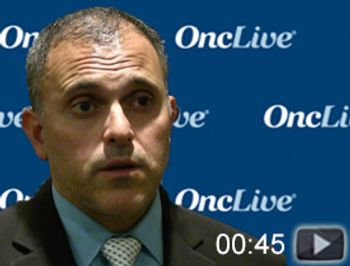
Mario M. Leitao Jr, MD, FACOG, FACS, fellowship director, gynecology service, director, Minimal Access and Robotic Surgery Program, Department of Surgery, Memorial Sloan Kettering Cancer Center, discusses the importance of surgery for patients with ovarian cancer.
